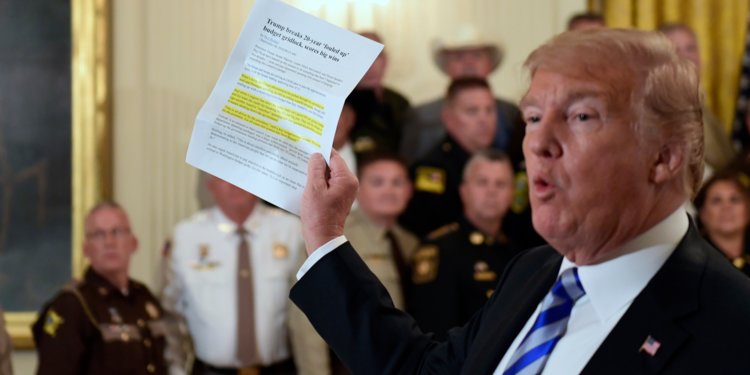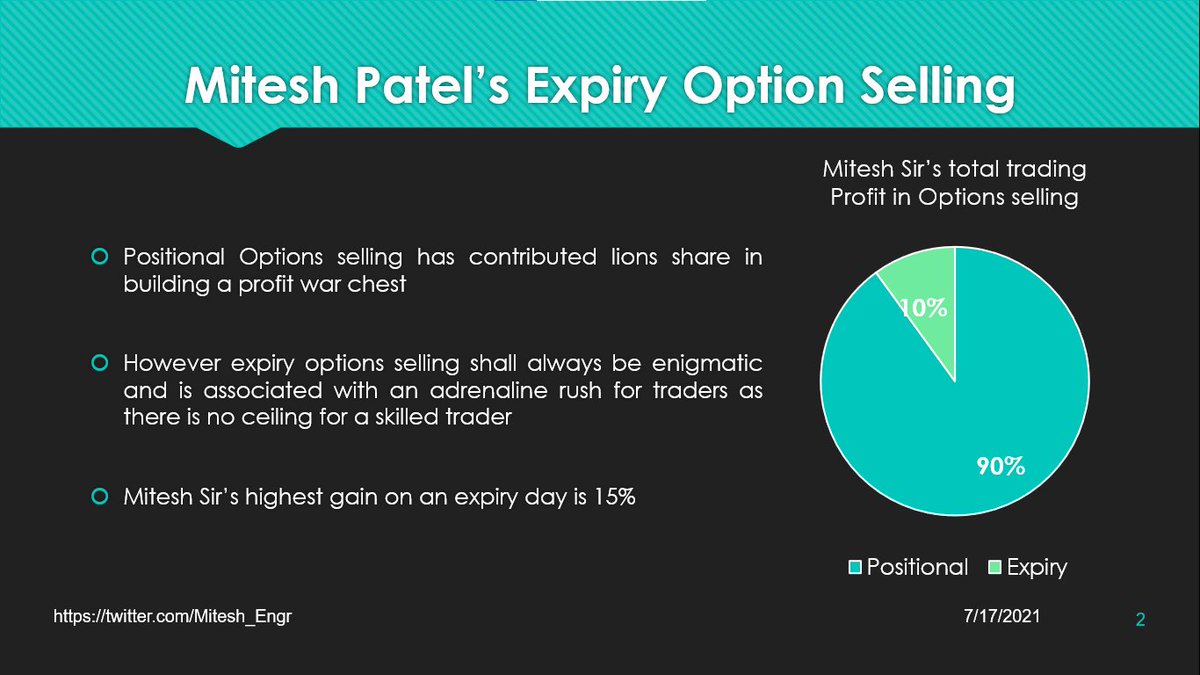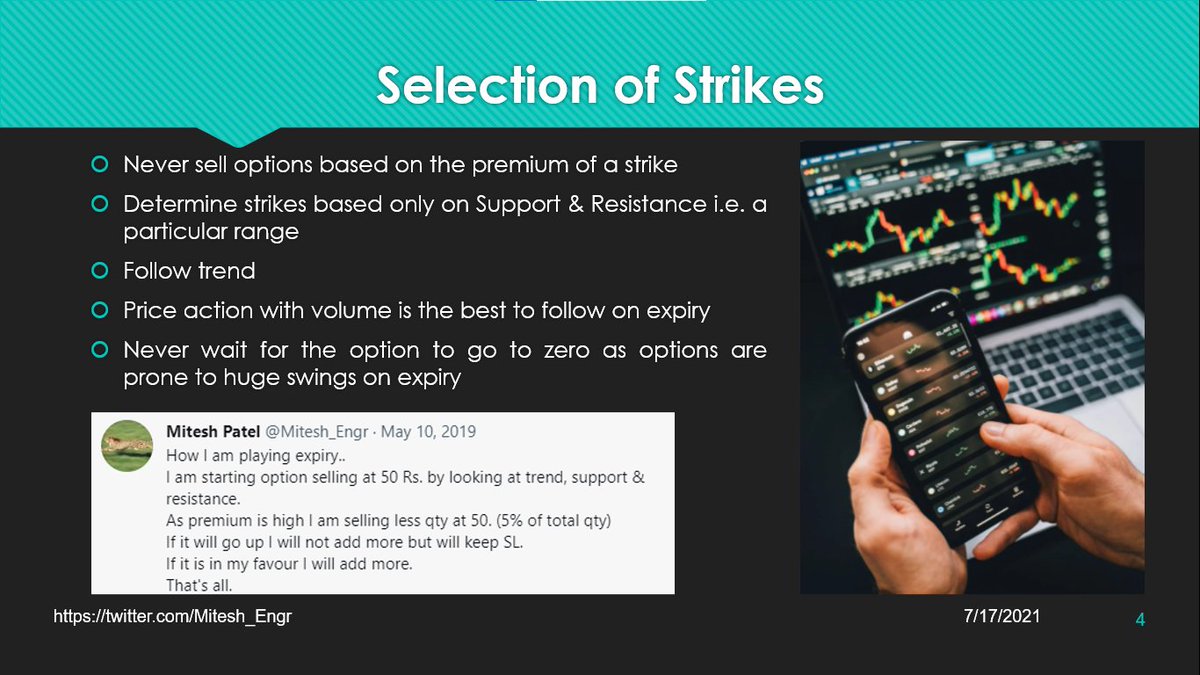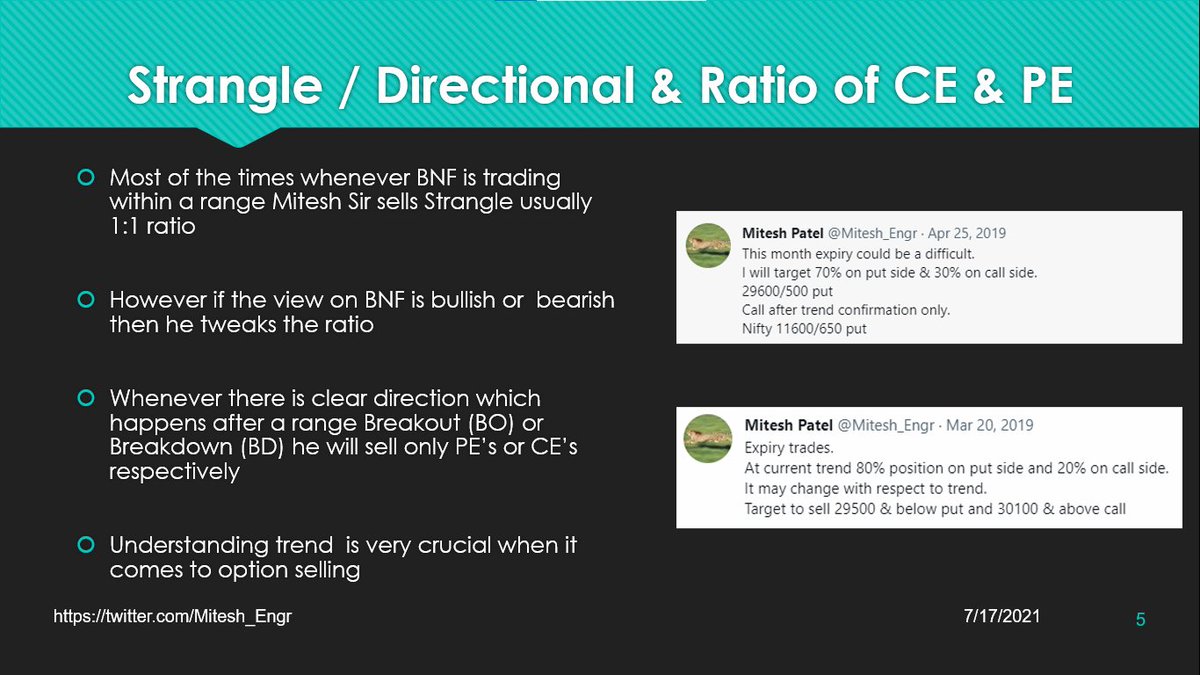Leadership matters a great deal for motivating collective action.
I see a lot of fantastic discussions, papers, threads, and op-eds about the insurrection from experts from various fields.
As a social scientist, I want to add that it's important to understand that collective action like we saw yesterday is due to *many* factors.
Leadership matters a great deal for motivating collective action.
This came to head with the concerted efforts by GOP members of the Senate and House who tried to overturn the election certification.
This was primarily spearheaded on social media, which is why freezing Trump's social media accounts is such a big deal.
From Fox to OAN to Newsmax, these false messages were spread to millions of homes.
The people who stormed the Capitol came from racist and pro-fascist groups (like the Proud Boys) and proudly waived the Confederate flags during their attempted insurrection.
It's impossible to imagine police officers taking selfies with another group as they violently invaded government property.
This is bound up in sectarian politics, where extreme affective polarization leads people to see the election of their political opponent as a mortal (and immoral) threat.
Collective human behavior is complex and there is space for expertise on all of these angles since these (and other) factors likely all matter a great deal.
It's important to think more deeply about how they interact. In the real world, collective human action is never caused by a single factor.
Accept that these people do not all share the same assumptions, identities, backgrounds and goals. This makes it impossible to find a simple, single explanation for all of them.
More from Politics
1/Politics thread time.
To me, the most important aspect of the 2018 midterms wasn't even about partisan control, but about democracy and voting rights. That's the real battle.
2/The good news: It's now an issue that everyone's talking about, and that everyone cares about.
3/More good news: Florida's proposition to give felons voting rights won. But it didn't just win - it won with substantial support from Republican voters.
That suggests there is still SOME grassroots support for democracy that transcends
4/Yet more good news: Michigan made it easier to vote. Again, by plebiscite, showing broad support for voting rights as an
5/OK, now the bad news.
We seem to have accepted electoral dysfunction in Florida as a permanent thing. The 2000 election has never really
To me, the most important aspect of the 2018 midterms wasn't even about partisan control, but about democracy and voting rights. That's the real battle.
2/The good news: It's now an issue that everyone's talking about, and that everyone cares about.
3/More good news: Florida's proposition to give felons voting rights won. But it didn't just win - it won with substantial support from Republican voters.
That suggests there is still SOME grassroots support for democracy that transcends
4/Yet more good news: Michigan made it easier to vote. Again, by plebiscite, showing broad support for voting rights as an
5/OK, now the bad news.
We seem to have accepted electoral dysfunction in Florida as a permanent thing. The 2000 election has never really
Bad ballot design led to a lot of undervotes for Bill Nelson in Broward Co., possibly even enough to cost him his Senate seat. They do appear to be real undervotes, though, instead of tabulation errors. He doesn't really seem to have a path to victory. https://t.co/utUhY2KTaR
— Nate Silver (@NateSilver538) November 16, 2018


























